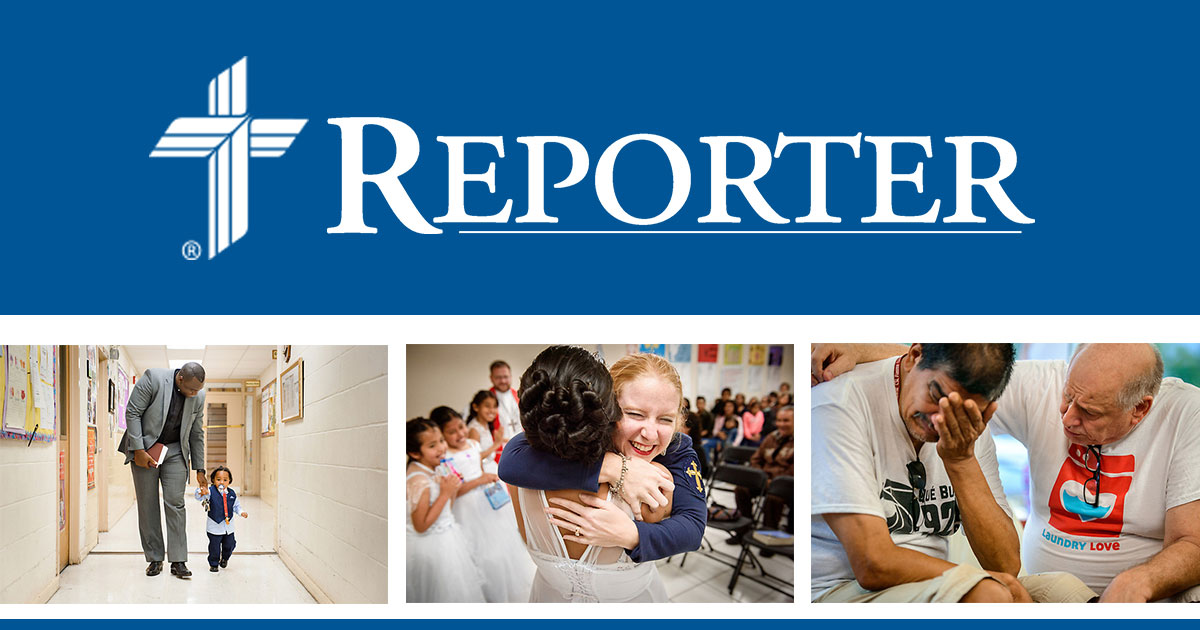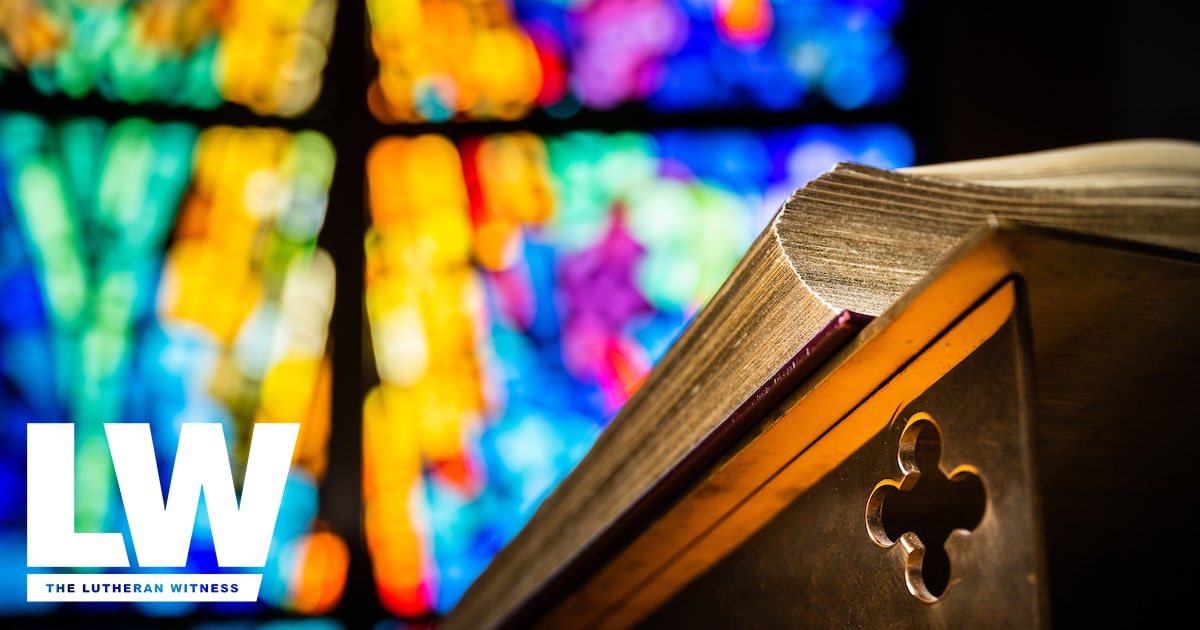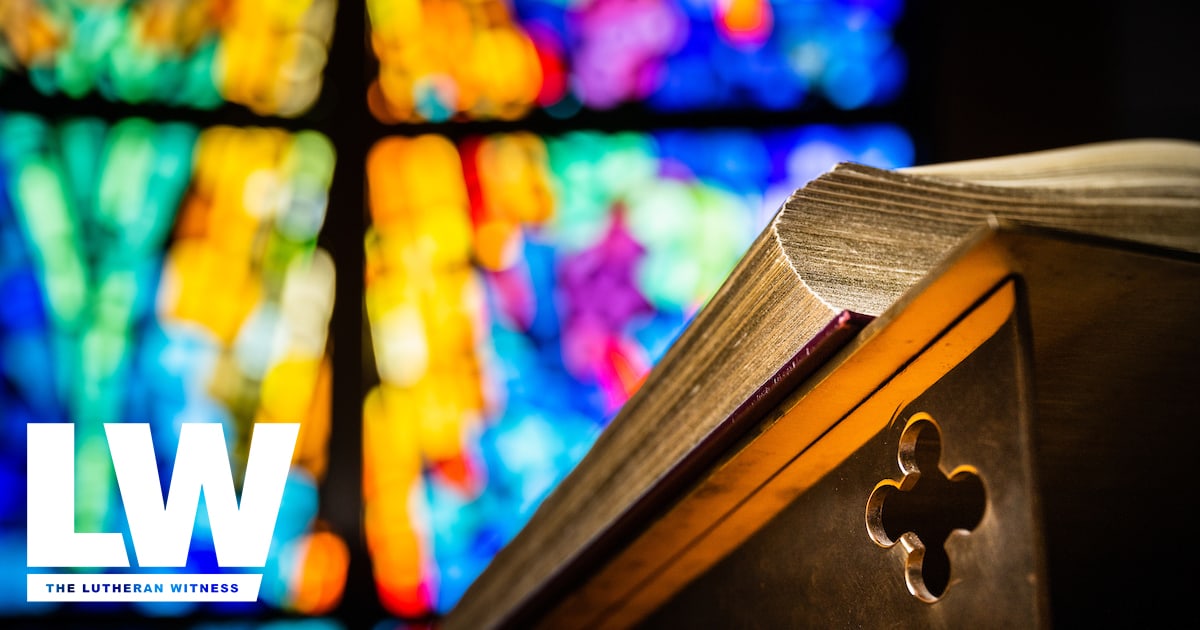
Sounding off about LSB
It was with sadness that I read the editorial last issue expressing perplexity over the LSB’s language selection in some hymns. I was saddened at the clear derision and the impugning of motives the author boldly articulated. Perhaps he would do well to read, mark, and inwardly digest what Luther teaches us of the Eighth




